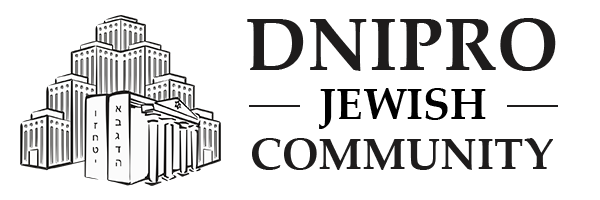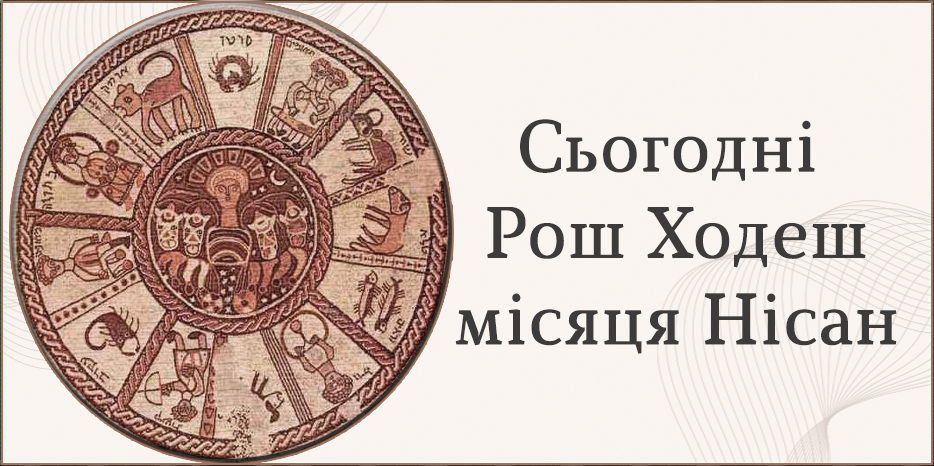Today is Rosh Chodesh of the month of Nisan. Rosh Chodesh Nisan always lasts one day, and the month itself is always full, meaning it has 30 days.
Nisan is called the “beginning of months” and the “first month” in the Torah. The first of Nisan is also considered the New Year for kings, as it marks the beginning of the count of a ruler’s reign. Nisan is the first month according to the Torah’s reckoning, but if counted from Tishrei, it is the seventh month.
In the Torah, Nisan is also called “Chodesh HaAviv,” meaning the month of spring. The word “Nisan” has Babylonian origins but is also connected to spring; it shares the same root as the Hebrew word “nitzan” (bud, blossom), which appears in the Song of Songs: “The blossoms (nitzanim) have appeared in the land” (Shir HaShirim 2:12).
The zodiac sign of Nisan is Aries, which, according to some scholars, indicates that Hashem created this month for the Exodus to take place, long before the Passover sacrifice, setting the foundation for the Jewish nation’s formation. Since sheep were a symbol of wealth for the Egyptians and even an object of worship, the Passover sacrifice represents devotion to Hashem. The sages explain the Torah’s words: “Draw forth and take sheep for your families and slaughter the Passover offering” (Shemot 12:21) as meaning: detach yourselves from idolatry, take sheep, slaughter the Egyptian idols, and offer the Passover sacrifice (Shemot Rabbah 16).
The entire month of Nisan is considered special and auspicious, with certain traditions marking it as semi-festive. In Nisan, we celebrate the birthday of the leader of our generation, the Seventh Lubavitcher Rebbe, Menachem Mendel Schneerson—on the 11th of Nisan (April 9 this year). We also commemorate the birthday of his father, Rabbi Levi Yitzchak Schneerson, who served as the Chief Rabbi of Yekaterinoslav-Dnipropetrovsk from 1909 to 1939—on the 18th of Nisan (April 16 this year).
However, the main event of Nisan is, of course, the holiday of Passover—the festival of the Exodus from Egypt, both external and internal bondage, a holiday of Redemption. Passover begins in the middle of the month, at the full moon, on the evening of the “fourteenth day of the spring month of Nisan.” Passover lasts 8 days (this year from the evening of April 12 to April 20). The first two and last two days have the status of Yom Tov, and special laws apply throughout the holiday, primarily those concerning the prohibition of chametz (leavened products).
Nisan is also associated with important dates in modern Jewish history—on the 27th of Nisan, we observe Yom HaShoah, Holocaust Remembrance Day, marking the anniversary of the Warsaw Ghetto Uprising.
By the end of the month of Nisan, a special blessing should be recited upon seeing blossoming trees, expressing gratitude to Hashem for the renewal of nature.
Maimonides wrote: “Anyone who goes out into the fields or gardens in Nisan and sees trees blooming with new buds should recite the following blessing: ‘Blessed are You, Lord our God, King of the Universe, who has left nothing lacking in His world and created in it beautiful creatures and good trees so that people may benefit from them.’”
Some sources state that the blessing should only be recited over fruit-bearing trees, particularly when there are at least two trees and they are more than three years old (i.e., no longer orlah). Others suggest that the blessing should ideally be said upon seeing a flowering fruit tree or at least a tree whose blossoms have a pleasant fragrance. However, one may bless Hashem upon experiencing joy at the sight of any tree with newly sprouted leaves.
It is customary to say this blessing specifically in the month of Nisan. The sages praise those who, at the very beginning of Nisan, seek out a blossoming tree to glorify Hashem for the renewal of nature.




